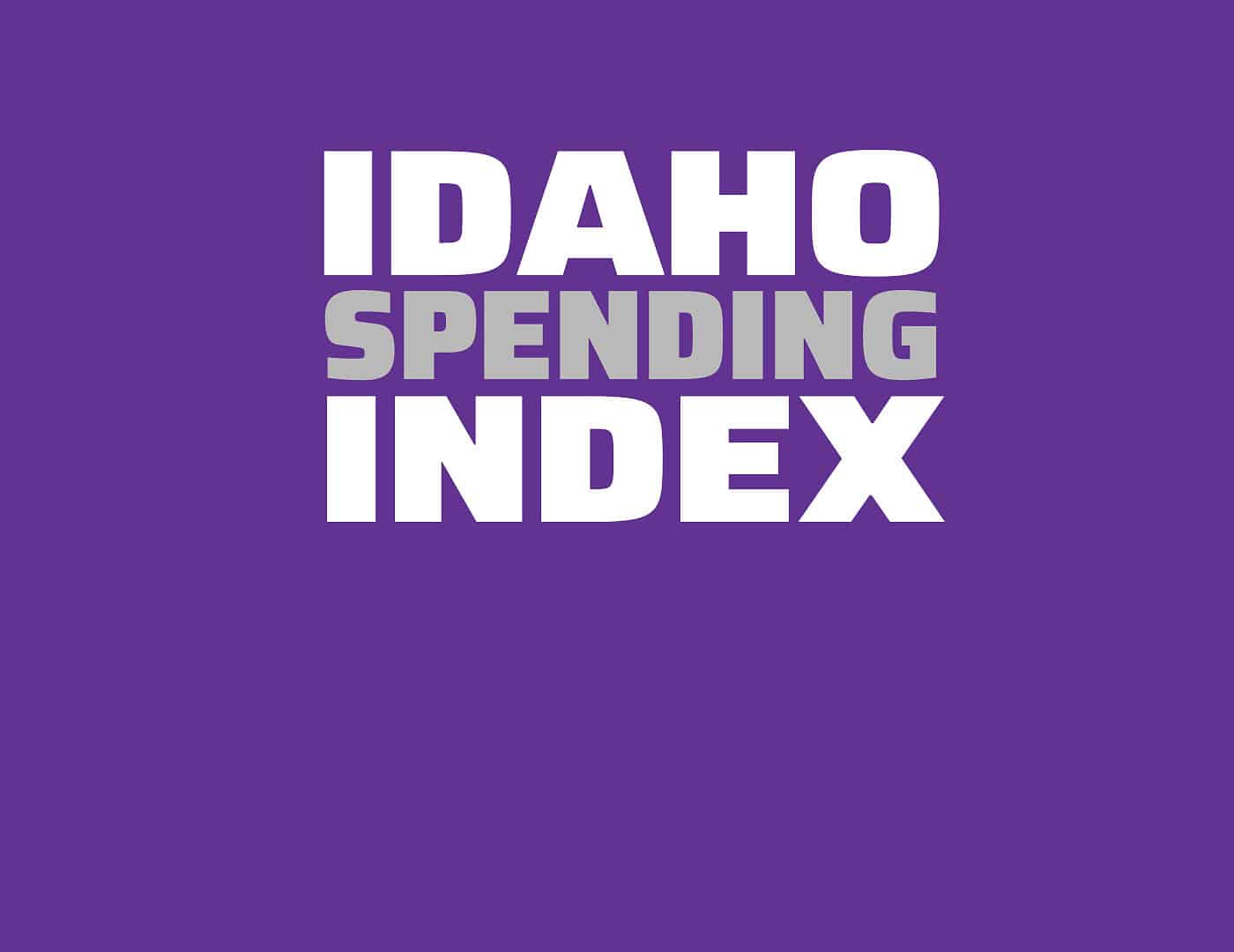


The Idaho Spending Index serves to provide a fiscally conservative perspective on state budgeting while providing an unbiased measurement of how Idaho lawmakers apply these values to their voting behavior on appropriations bills. Each bill is analyzed within the context of the metrics below. They receive one (+1) point for each metric that is satisfied by freedom-focused policymaking and lose one (-1) point for each instance in which the inverse is true. The sum of these points composes the score for the bill.
Analyst: Niklas Kleinworth
Rating: -3
Bill Description: House Bill 350 appropriates $149,468,000 and 788.41 full-time positions to the DHW Behavioral Health Services for fiscal year 2024.
This legislation appropriates funds for the Divisions of Substance Abuse Treatment and Prevention, Psychiatric Hospitalization, and Mental Health Services.
Does this budget enact powers and activities that extend beyond the proper role of government? Conversely, does this budget fulfill the proper role of government?
House Bill 350 provides for an appropriation of $3 million for Community Mental Health Funds to the Division of Mental Health Services. These are federal funds appropriated through the Community Mental Health Block Grant. Among the accepted uses for this program is the implementation of Adverse Childhood Events (ACEs) training that is used to teach parents how to parent their children. The content of this training is curated by the Center for Disease Control and Prevention and includes a foundation of social-emotional learning, which is a vehicle for critical race theory.
Teaching parents how to perform their roles in their children’s lives is far beyond the proper role of government.
(-1)
Does this budget incur any wasteful spending among discretionary funds, including new line items? Conversely, does this budget contain any provisions that serve to reduce spending where possible (i.e. base reductions, debt reconciliation, etc.)?
This legislation appropriates $8 million in ongoing funding from State Opioid Response Grants. These funds were in addition to another $11.2 million already existing in the base appropriation for this budget. Previously, these funds were used in part to support private organizations that facilitate harm reduction programs. These programs are designed to reduce needlestick injuries and transmission of bloodborne pathogens. However, they do this by providing taxpayer-subsidized drug paraphernalia to enable “safe” drug use.
This bill includes language that would stipulate that these grants do not go to support harm reduction programs. Instead, the funding will go to help prepare first responders as they manage the opioid crisis in the field. This is a positive move because it prevents taxpayer-supported drug use and supports more effective means for addressing the crisis.
(+1)
Is the maintenance budget inappropriate for the needs of the state, the size of the agency, or the inflationary environment of the economy? Conversely, is the maintenance budget appropriate given the needs of the state and economic pressures?
This legislation sets the maintenance budget for Behavioral Health Services at $131,064,200, growing from the base by 21.2% in the last three years. This rate is 50% faster than what would be prescribed by inflationary pressures and growth.
(-1)
Does this budget perpetuate or expand state dependence on federal dollars, thereby violating principles of federalism? Conversely, does this budget actively reduce the amount of federal dollars used to balance this budget?
House Bill 350 appropriates $58,354,700 in federal funds to support the three divisions included in the Behavioral Health Services budget. Looking at the individual programs, 92% of the budget for the Division of Substance Abuse Treatment and Prevention, 35% for the Division of Mental Health Services, and 19% for the Division of Psychiatric Hospitalization are covered by federal funds. In all three cases, the Divisions are heavily dependent on federal funding to sustain their operations and programs.
(-1)
Does this budget contain hidden fund transfers or supplemental expenditures that work to enact new policy or are not valid emergency expenditures? Conversely, are fund transfers only made to stabilization funds or are supplemental requests only made in the interest of resolving valid fiscal emergencies?
House Bill 350 appropriates an $8 million ongoing supplemental in State Opioid Response Grants. These are the same grants referenced earlier in this rating. This supplemental does not address a valid unforeseen fiscal emergency. Being that these will be ongoing funds, there is no reason the Division could not wait to receive funding until the start of the next fiscal year. This is an inappropriate use of a supplemental appropriation.
(-1)

